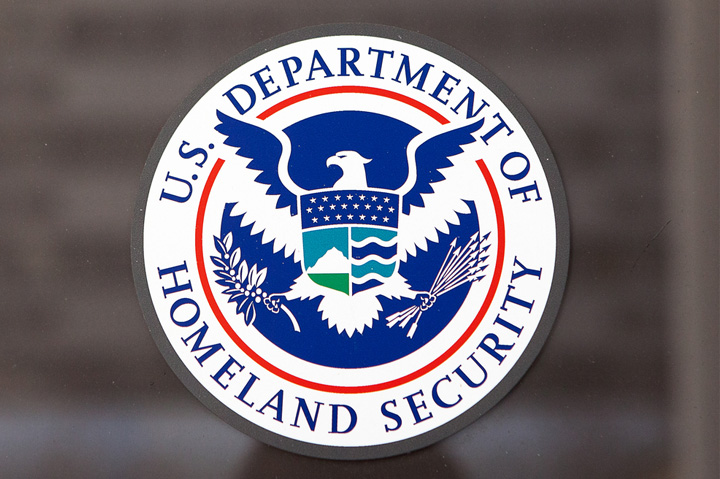August 13, 2024
Feds Bar Five China-Based Companies From Exporting to the U.S. on Forced Labor Concerns
It’s another strong reminder to companies in the print and promo space to ensure their supply chains don’t touch the Xinjiang region.
Federal authorities are continuing to crack down on companies they believe rely on forced labor in the Xinjiang province of China to power their operations – a noteworthy development for any print or promotional products company that sources goods from overseas.
The U.S. Department of Homeland Security (DHS) announced that it has added five more China-based companies to its Uyghur Forced Labor Prevention Act (UFLPA) Entity List.

In effect, this means DHS believes the businesses use forced labor in Xinjiang. As such, these companies’ products are prohibited from being imported into the United States, either on their own or as components of other products.
“As DHS identifies more entities across different sectors that use or facilitate forced labor, we act to keep their tainted goods out of our nation’s supply chains,” said Secretary of Homeland Security Alejandro N. Mayorkas.
In all, DHS has added 73 entities to the UFLPA Entity List since the Uyghur Forced Labor Prevention Act became law in December 2021.
The act creates a rebuttable presumption that goods mined, produced, or manufactured wholly or in part in Xinjiang or produced by entities identified on the UFLPA Entity List are prohibited from importation into the United States unless the commissioner of U.S. Customs and Border Protection (CBP) determines that the goods were not produced with forced labor.
The list of entities – businesses effectively banned from exporting to the U.S. – include companies that are active in the apparel, agriculture, polysilicon, plastics, chemicals, batteries, household appliances, electronics and food additives sectors.
The five new companies added to the entity list are Century Sunshine Group Holdings, Ltd.; Kashgar Construction Engineering (Group) Co., Ltd.; Rare Earth Magnesium Technology Group Holdings, Ltd.; Xinjiang Habahe Ashele Copper Co., Ltd.; and Xinjiang Tengxiang Magnesium Products Co., Ltd.
They operate in fields that include mining, manufacturing of construction materials, and manufacturing of magnesium fertilizer and magnesium alloys.
While such operations may not directly tie into the print and promotional products worlds, the fact that DHS continues to add companies to the entity list and enforce the UFLPA is a sobering reminder that sourcing pros within the industry must be vigilant in ensuring no parts of their supply chains touch Xinjiang. Goods could be denied entry into the U.S. if they do.
The addition of five companies to the Entity List “strengthens our enforcement of the Uyghur Forced Labor Prevention Act and helps responsible companies conduct due diligence so that, together, we can keep the products of forced labor out of our country,” Mayorkas said. “We will continue to implement this law with full force in our efforts to fight the exploitation and abuse of the Uyghur people and other persecuted groups and protect a free and fair market.”
The most recently available statistics show that CBP has stopped 9,128 imported shipments, with a combined value of $3.46 billion, for forced labor inspections under the UFLPA. Of those, 3,596 shipments were denied entry into the U.S.
The basis of the Xinjiang import ban, according to proponents, is that there’s widespread evidence of Uyghurs and related groups being forced into slave labor and suffering other human rights abuses in Xinjiang province. The Uyghurs are an ethnic minority, primarily of the Muslim faith, who human rights advocates say are being targeted by Beijing.